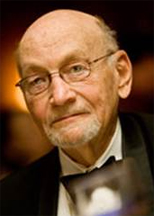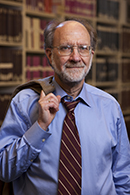Bundle: Criminal Law and its Processes: Cases and Materials, Eleventh Edition and The Glannon Guide to Criminal Law: Learning Criminal Law Through Multiple Choice Questions and Analysis, Seventh Edition
Bundle: Criminal Law and its Processes: Cases and Materials, Eleventh Edition and The Glannon Guide to Criminal Law: Learning Criminal Law Through Multiple Choice Questions and Analysis, Seventh Edition
Print Bundle - This bundle includes both print and digital versions of ISBN 9781543810776 as well as print version of ISBN 9798889068785.
Digital Bundle - This bundle includes a digital-only version of ISBN 9781543857122 as well as digital version of ISBN 9798889068808
More about Criminal Law and its Processes: Cases and Materials, the Eleventh Edition, continues in the tradition of its best-selling predecessors by providing students not only with a cohesive policy framework through which they can understand and examine the use of criminal laws as a means for social control, but also analytic tools to understand and apply important criminal law doctrines. Criminal Law and its Processes: Cases and Materials focuses on having students develop a nuanced understanding of the underlying principles, rules, and policy rationales that inform all criminal laws. A cases-and-notes pedagogy along with scholarly excerpts, questions, and notes, provides students with a rich foundation for not only the academic examination of criminal laws but also the application of the law to real-world scenarios.
Bundle also includes The Glannon Guide to Criminal Law: Learning Criminal Law Through Multiple Choice Questions and Analysis, in the Seventh Edition, Laurie L. Levenson presents a comprehensive, thoughtful review of course content that demonstrates how to effectively analyze and answer exam questions, honing students' understanding of concepts and their ability to apply the rules.
Product Information
Bundle: Criminal Law and its Processes: Cases and Materials, Eleventh Edition and The Glannon Guide to Criminal Law: Learning Criminal Law Through Multiple Choice Questions and Analysis, Seventh Edition
Connected eBook Print Bundle
Bundle: Criminal Law and its Processes: Cases and Materials, Eleventh Edition and The Glannon Guide to Criminal Law: Learning Criminal Law Through Multiple Choice Questions and Analysis, Seventh Edition
Digital Bundle


